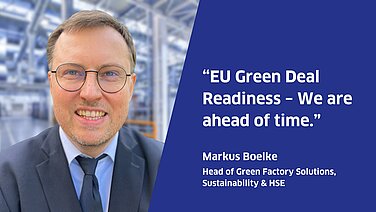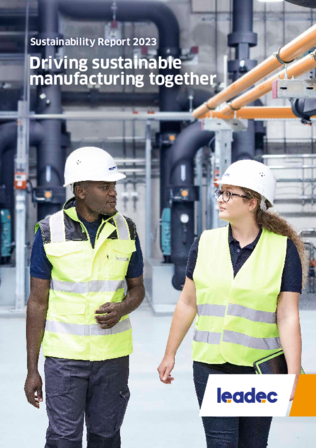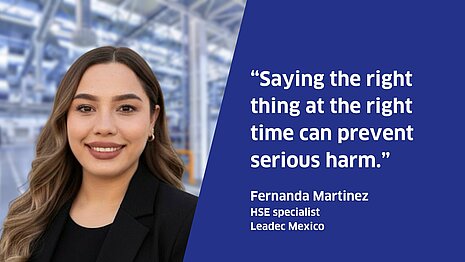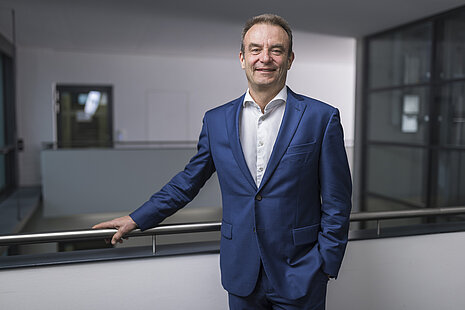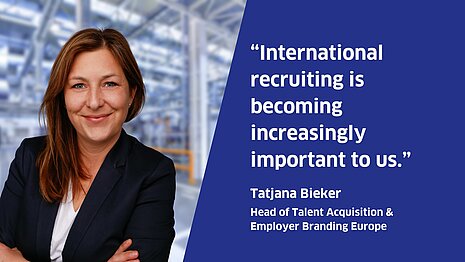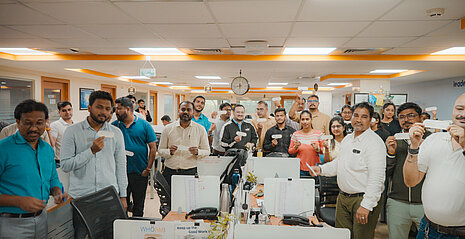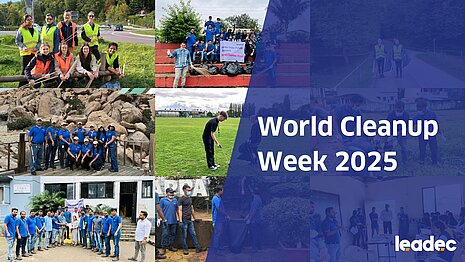In 2019, a socio-environmental transformation of the European Union was launched with the EU Green Deal. The set goal: to reduce greenhouse gas emissions in the European Union to zero by 2050 and thus become the first continent to be climate-neutral. In this interview, Markus Boelke, Global Head of Green Factory Solutions, Sustainability & HSE at Leadec gives an insight into how the company has anchored the EU Green Deal in its strategy and how Leadec supports its customers with special services to make their own production more climate-neutral.
“EU Green Deal Readiness – We are ahead of time.”
Leadec has managed to prepare for the regulations of the EU Green Deal at an early stage and ahead of the reportable period. How did you get this far?
Leadec was aware very early on of the importance of sustainability at both national and international level. We have analyzed the regulatory frameworks, but more importantly, we have anchored the EU Green Deal in our strategy and provided the necessary resources to implement this strategy. As a first step, we examined what relevant risks and opportunities exist for Leadec and what requirements have to be met to comply. From the outset, our aim has been to implement the extensive and complex regulations issued as part of the EU Green Deal on time and to systematically integrate the new requirements into our business processes. And with a view to our customers, we also see a concrete business opportunity here, which is reflected in our Green Factory Solutions.
What does that mean in real terms? What makes Leadec fit for the EU Green Deal?
There are three main pillars of legislation associated with the EU Green Deal. These are the Corporate Sustainability Reporting Directive (CSRD), the EU Taxonomy Regulation, and the Corporate Sustainability Due Diligence Directive (CSDDD). Leadec needs to report according to CSRD and EU Taxon[1]omy for the first time for its fiscal year 2025. CSDDD will be applicable for Leadec as of fiscal year 2027. The German Supply Chain Due Diligence Act has applied to the Leadec Group since 2023. Accordingly, we have established three governance projects in-house with special working groups to ensure that Leadec complies with these regulations. We have adopted and implemented a detailed roadmap for the implementation of the aforementioned components of the EU Green Deal.
Mr. Boelke, when you look at the reporting, would you say that Leadec is well prepared? Where do you stand today?
Because we started working on EU Green Deal Readiness at such an early stage, the implementation of the necessary processes in the Leadec Group was already well advanced by the end of the 2023 fiscal year. And the necessary measures for the 2024 fiscal year have also been defined.
We carried out a double materiality assessment (DMA) and defined an implementation roadmap to ensure auditable reporting as of January 1, 2025. Our approach, results and documentation have been validated and assured by our external auditor. We received an official expert judgement that our approach is in compliance with CSRD. Making our reporting processes auditable requires substantial efforts from many supporting functions, but we are well prepared to complete the necessary preparations on time. Our leading position in our industry is also acknowledged in our ESG ratings, e.g. Sustainalytics. Here we are one of the top rated companies in our industry and region.
How can you help your customers to prepare for the EU Green Deal?
We are fully aware of our customers’ requirements regarding the EU Green Deal and their specific sustainability. With our Green Factory Solutions (GFS) service offering, we help customers to decarbonize their factories, increase their share of circular economy activities, and achieve their sustainable transition goals. By combining our regulatory know-how, our technical expertise related to electrical installations and maintenance as well as waste management with the in-depth knowledge of the technical installations in the factories, we are able to help our customers transform their production to more climate-neutral operation.

